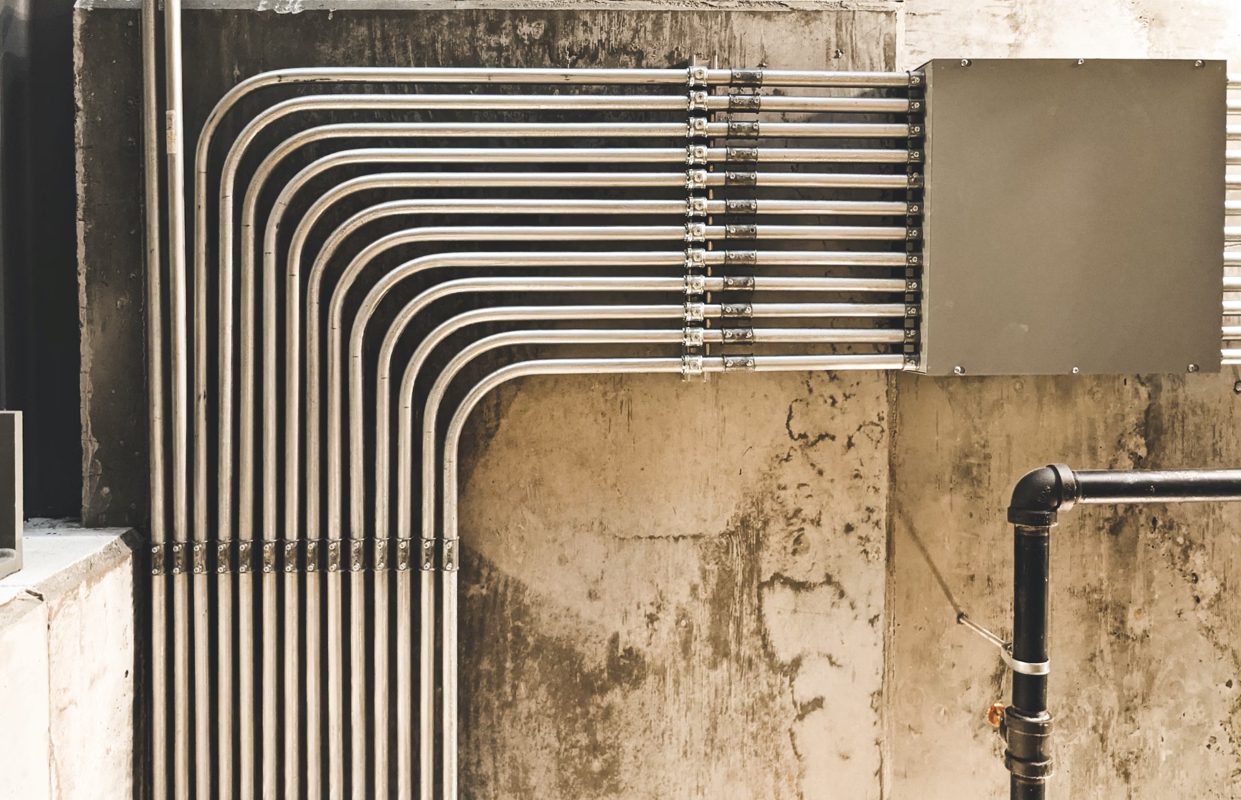Heat pumps should be regularly checked to ensure they are running effectively and efficiently, to detect and address potential problems before they escalate into major repair costs. This will also allow you to identify minor problems early and save yourself from costly repair expenses in the future.
Preventative maintenance includes changing or cleaning air filters, inspecting electrical connections and applying appropriate lubrication to reduce friction and energy use. By investing in regular preventive maintenance in spring and fall seasons, one can avoid costly repairs in future years.
Heat pumps tend to produce noise when starting up or shutting down, which is normal and nothing to be concerned about. Any new or strange noises should be checked by a professional immediately.
Screaming or squealing noises may indicate damaged bearings in your fan motor or compressor, and may need replacing soon if this noise persists. If the sound accompanies hissing or bubbling noises as well, that could indicate your system’s refrigerant is under pressure (https://hvac-talk.com/vbb/threads/79008-Gurgling-noise-at-evaporator-lineset-connection); in such an instance it is critical that you contact an HVAC service immediately in order to avoid further issues with refrigeration system operation.
Buzzing sounds could be an indicator that contactors or coils are beginning to wear out, especially if it becomes louder or more frequent. A hissing sound could indicate leakage in your refrigerant line; loud screeching noises could indicate dirty bearings on motors which need replacement as soon as possible.
When your heat pump emits an unpleasant odor, it may indicate an issue within its system. Odors could indicate mold growth or electrical faults and identifying their source is the first step toward diagnosing the issue and providing effective solution.
If the smell resembles that of rotten eggs, this link says that this could be an indicator that there is gas leaking from your heat pump. Any leakages must be promptly shut off, while professional HVAC services should be called out to address the problem.
Musty odors can be telltale signs that there’s something amiss with your heat pump system, typically due to mold and mildew growth on its coils, drain pan, insulation or insulation panels. You can prevent this problem by regularly changing out air filters and using HVAC biocidal tablets in the condensate drain pan.
Musty smells may also come from your ductwork in your home, signaling there may be issues with ventilation and indoor air quality issues in the space. To address this, professional duct cleaning should be performed along with keeping filters in your system clean.
At first, your heat pump may produce only subtle sounds during operation, like its gentle hum and whoosh of air. Any loud or unusual noises could indicate serious problems that require immediate repair; loud banging sounds could indicate damaged compressor or fan components or replacement, while hissing sounds indicate your refrigerant lines need fixing immediately.
Similarly, if your thermostat is set on its highest heating setting but you still don’t feel warm air coming through the vents, make sure it is set correctly. Your thermostat might have been inadvertently adjusted lower or may be miscalibrated – either way it would be wise to seek professional advice in this situation.
Another potential cause of lack of warm air could be blocked airflow from dirty or clogged ducts. If pet hair, dust, or other debris has clogged your ducts up, it is crucial that they are cleaned regularly in order for your heat pump to function as intended.
Your home’s electrical panel should also be examined to make sure all breakers controlling indoor and outdoor units are in their appropriate places, with any trippers needing professional repair to restore it to normal functioning. Therefore, you should repair your heat pump in Cincinnati, OH as soon as possible. Tripped breakers could potentially shut off your system altogether and may require professional intervention to reactivate.
Properly functioning heat pumps should provide consistent heating throughout your home. If you notice inconsistent temperatures or your system turning off and on more frequently than normal, this could indicate mechanical problems requiringprofessional troubleshooting. In addition, an increase in your energy bill without an accompanying change in usage patterns could indicate reduced efficiency requiring inspection and repair from professionals.
Malfunctioning thermostats can produce inaccurate temperature readings and cause the heat pump to cycle too frequently or not at all, while clogged air filters reduce airflow limiting its ability to distribute conditioned air throughout your home. Furthermore, worn contactors, capacitors, control modules can all negatively impact efficiency and performance reducing comfort levels as a whole. In addition, malfunctioning blower motors may lead to uneven distribution of air which reduces comfort overall.
Musty, moldy and burning smells indicate serious problems with your heat pump that must be addressed immediately. Such smells could signal that rodents have entered, or if a burning scent emanates from it indicates overheated wiring that could overheat and potentially explode resulting in an explosion.




